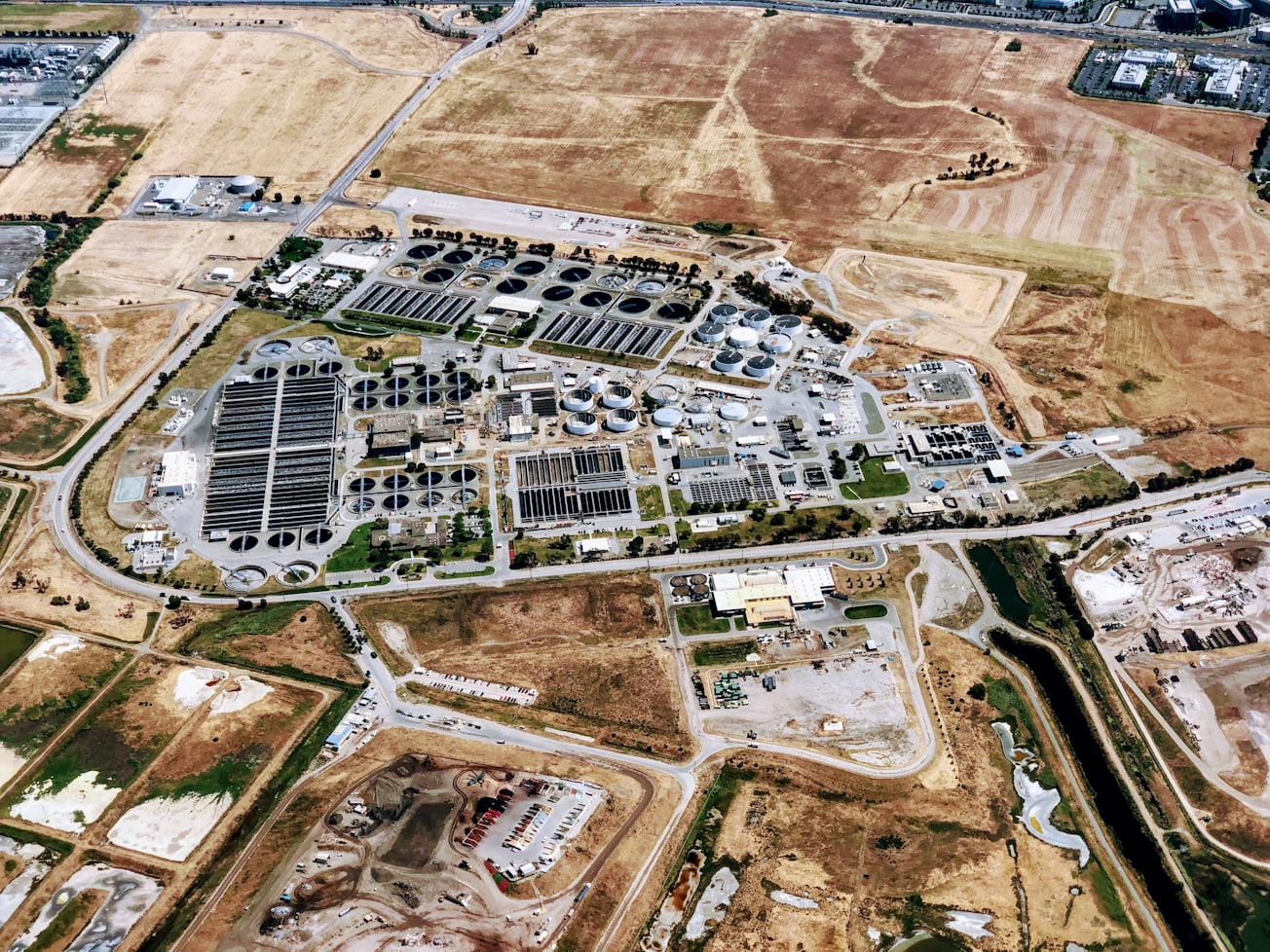What is it about?
Handing over irrigation management from governments to farmers is seen as a win-win to boost food production and ease budget pressures. But we haven't fully grasped how this benefits farmers. A study analyzed 42 cases from developing countries, finding that this shift generally improved productivity, efficiency, profits, and service costs for farmers. However, there's room for improvement. Researchers need to look beyond certain regions, consider poorer communities, address water availability, and refine assessment methods to better understand the impacts on farmers.
Featured Image

Photo by John Cameron on Unsplash
Why is it important?
The study's focus on participatory approaches in irrigation management and their impact on farmers' well-being is likely to attract readers from various fields, including policymakers, agricultural experts, and development practitioners. By highlighting the overall positive contributions of management transfer to productivity, efficiency, profitability, and service costs for farmers, this research provides actionable insights for policymakers and stakeholders involved in agricultural development.
Perspectives
the identification of research gaps and suggested pathways for further investigation may spark interest among researchers seeking to address these critical issues
Professor Imre Fertő
Eotvos Lorand Tudomanyegyetem
Read the Original
This page is a summary of: Combined Systematic Review and Meta-Analysis of Ground-Level Impacts of Management Transfer to Poor Farmers in Developing Countries, Water Resources Management, February 2024, Springer Science + Business Media,
DOI: 10.1007/s11269-024-03763-6.
You can read the full text:
Contributors
The following have contributed to this page







